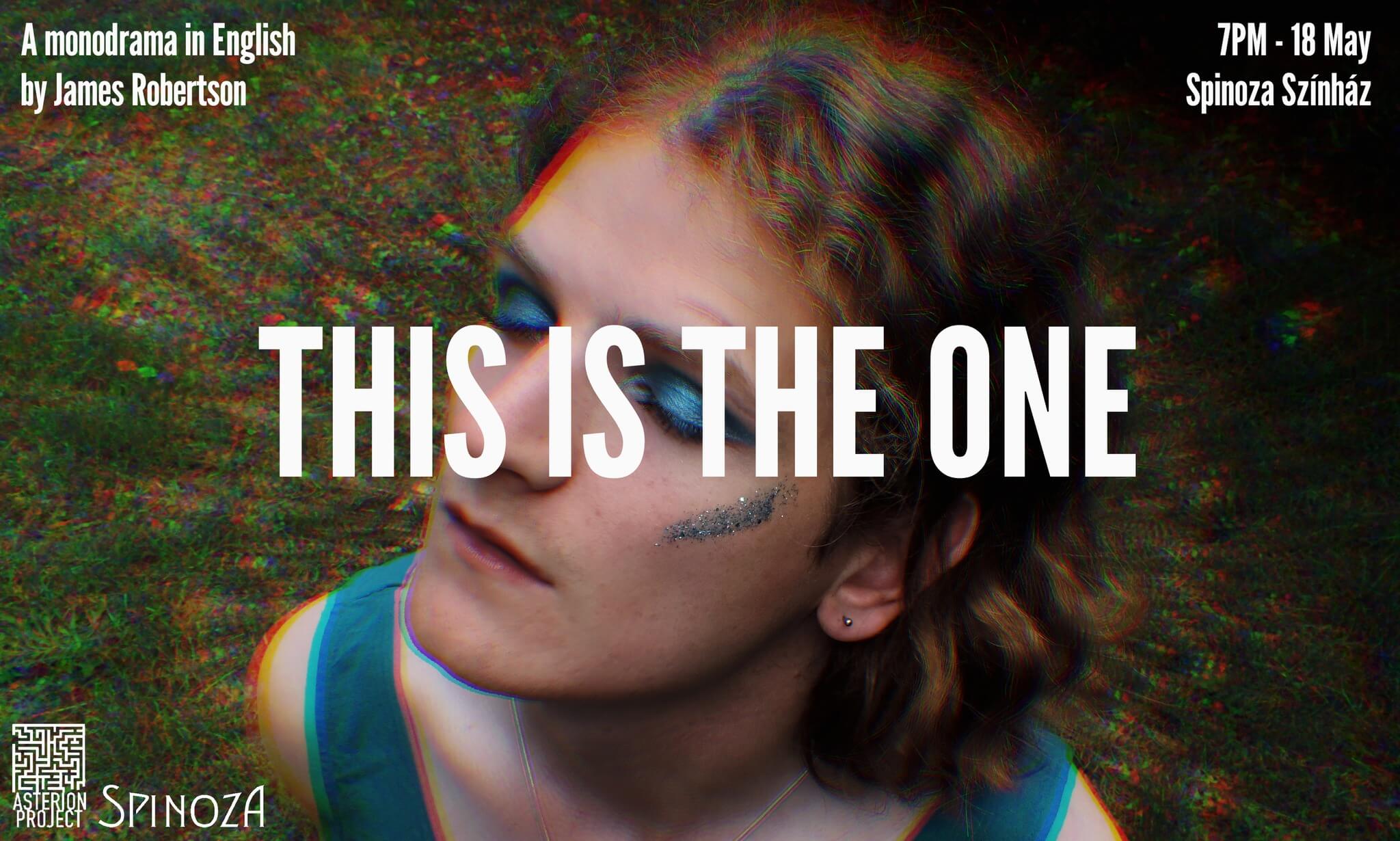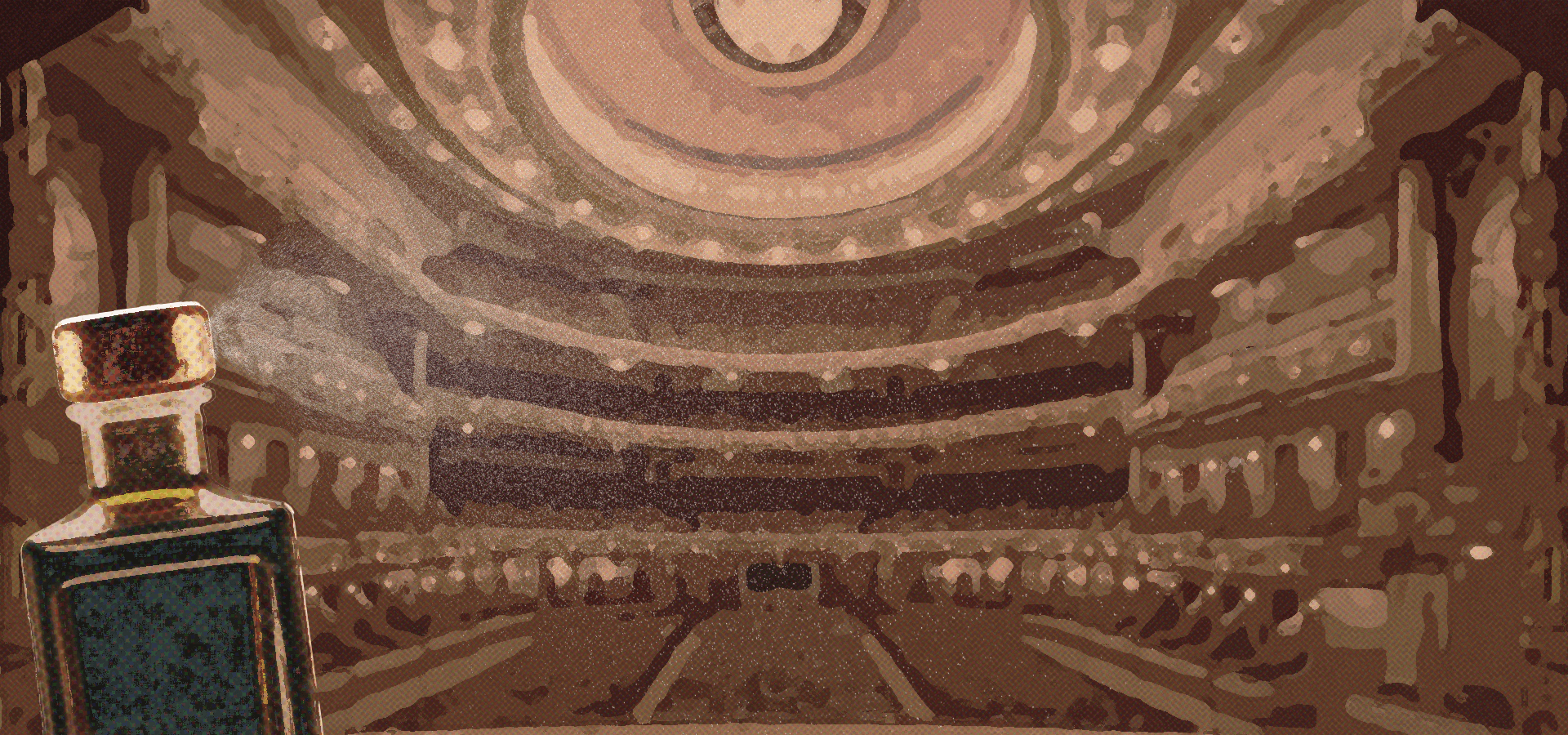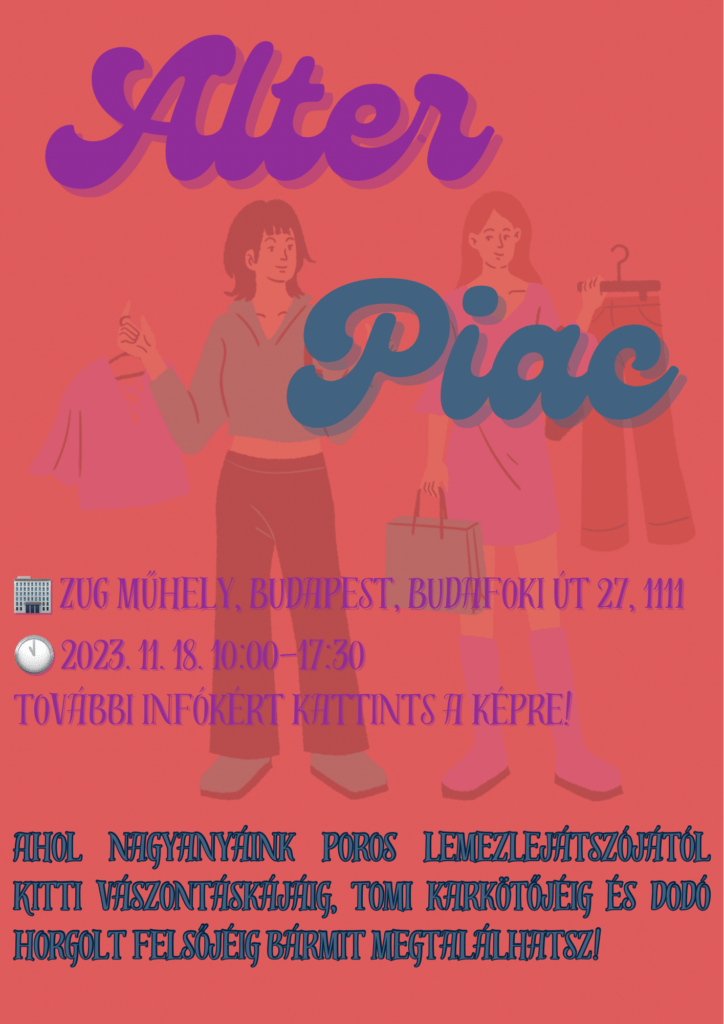Cover Image by Asterion Project, Facebook
A couple weeks ago I had the privilege to see This Is The One, a play written and performed by the Australian artist James Robertson. Firstly, I think it’s important to state James Robertson’s many work titles in the world of theater. He is a writer, a director and also a performer, while being the artistic director of the Plain English Theatre Company as well. This Is The One is an hour-long solo piece, a fact which in and of itself made me admire all the work and love that he put into this play. And now let me tell you about the play itself.
I tried to go into the experience knowing as little as possible about the piece, in order to have zero expectations, and only have my first impressions to work with when writing this review. And I have to say that it – unexpectedly – hit a little close to home.
I love clothes. I loved them ever since I was a child, and probably always will. I spend a good portion of my mornings standing in front of my wardrobe, trying to pick out an outfit: the one that feels the most like me that day, the one that is just perfect. I care about my clothes: I don’t think I can ever let that go, and frankly, I don’t want to. If I don’t pick my clothes right, I spend the whole day feeling like my skin does not fit. I think that everyone goes through this experience in one way or another. Some clothes feel like an extension of you, while others just cause discomfort and disconnect you from who you really are.
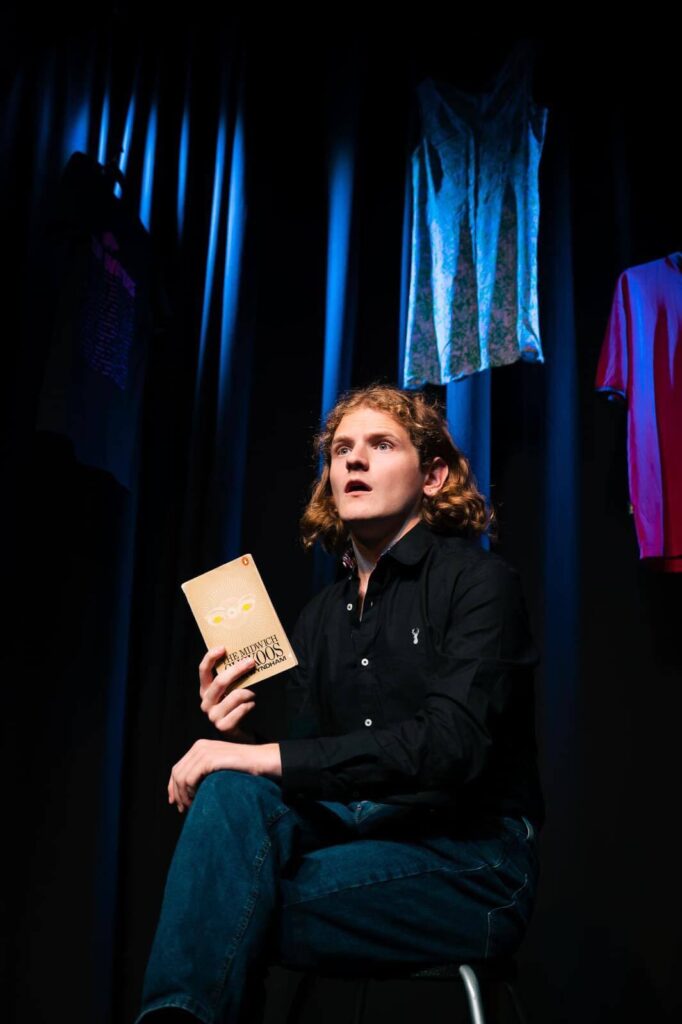
Our protagonist, Terri, goes through something like this, too. At the beginning, he doesn’t feel comfortable in his clothes at all – they almost feel like a costume to him. Clothes are graded down to things he puts on with the sole purpose of fitting in, to present a persona that is accepted by others. If we’re being honest with ourselves, we’ve all been here: putting on a boring jumper and going to a soccer game we don’t want to go to, or wearing a bland shirt to meet our significant other’s parents for the first time, all to please the opinions of others and fit into a crowd. Terri represents all of us who use clothes to morph our true self into what we think others want us to be. All the while, Terri’s working in a vintage shop, watching in envy as people who have the courage to wear extravagant and out-of-the-ordinary clothes come and go. We see that to him, clothes are meant to be something more: they should be a means to stand out, not to fit in.
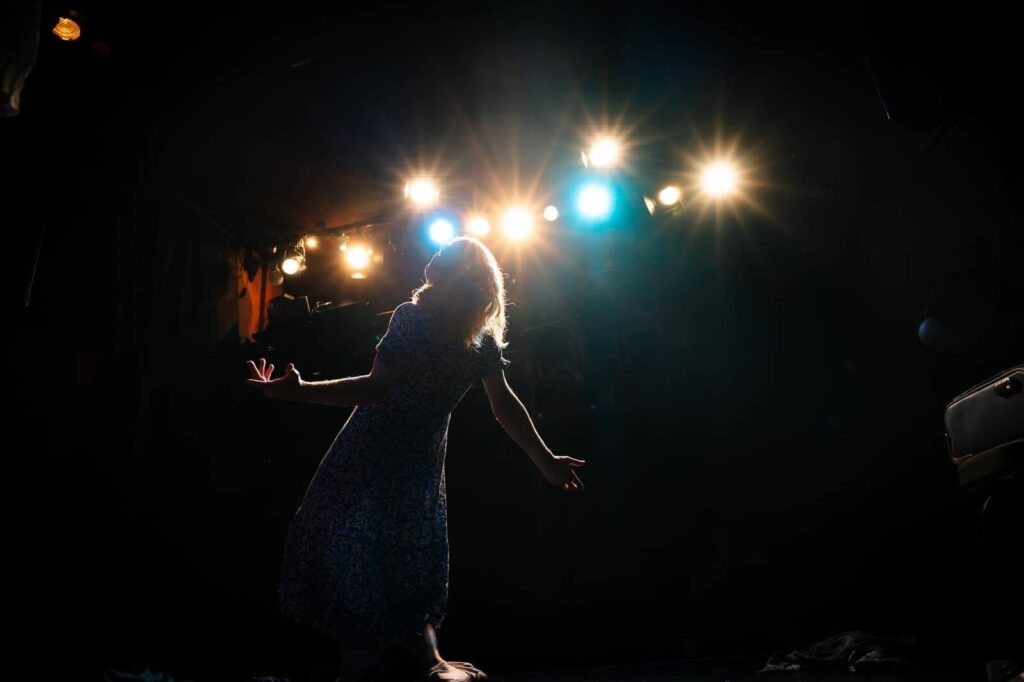
The first time we see a spark in his eyes is when he puts on make-up or a dress. That, of course, leads to a whole other conversation between him and his loved ones – does this make him gay? Trans? What exactly does this change mean? Terri’s answer is painfully simple: he’s still very much the same man, only wearing a dress. Dresses and make-up feel like an extension of him, and they don’t change anything about his sexuality or gender just because they are traditionally regarded as feminine. Regardless, we see his friends and his girlfriend turn away from him one by one. Terri’s strength shows in the way he doesn’t surrender to their opinions again, how he stands his ground in wearing what he thinks is right, what makes him feel like himself. So when his girlfriend kicks him out, and he gets beaten up on the street, then forced to go back to his estranged parents’ house – we see the price we sometimes have to pay for being ourselves.
On a final note, I’d like to pose some questions: do clothes really have that much power over our life, our personality? What part does our personal style take in our self-expression? Do we pay enough attention to how clothes might play into our self-perception? The answers to these questions will differ from person to person, but I think that finding our own answers to them helps us get closer to knowing ourselves and being more mindful of our self-expression.

